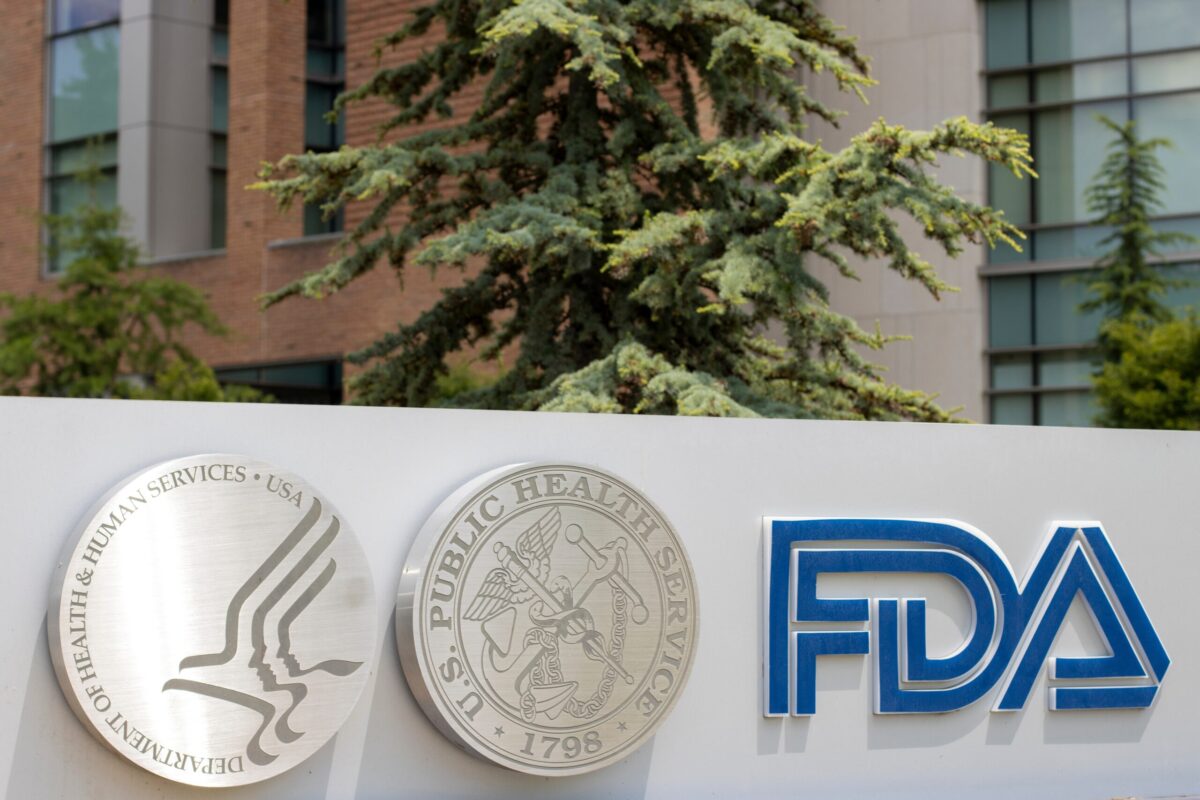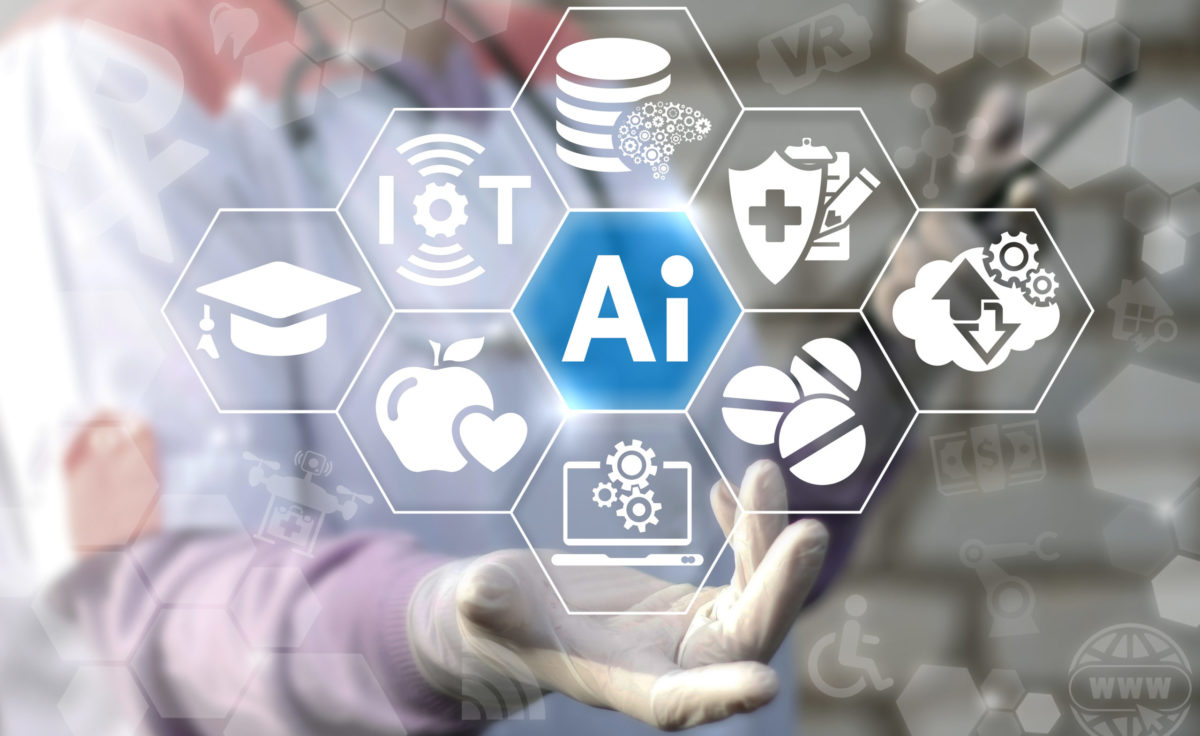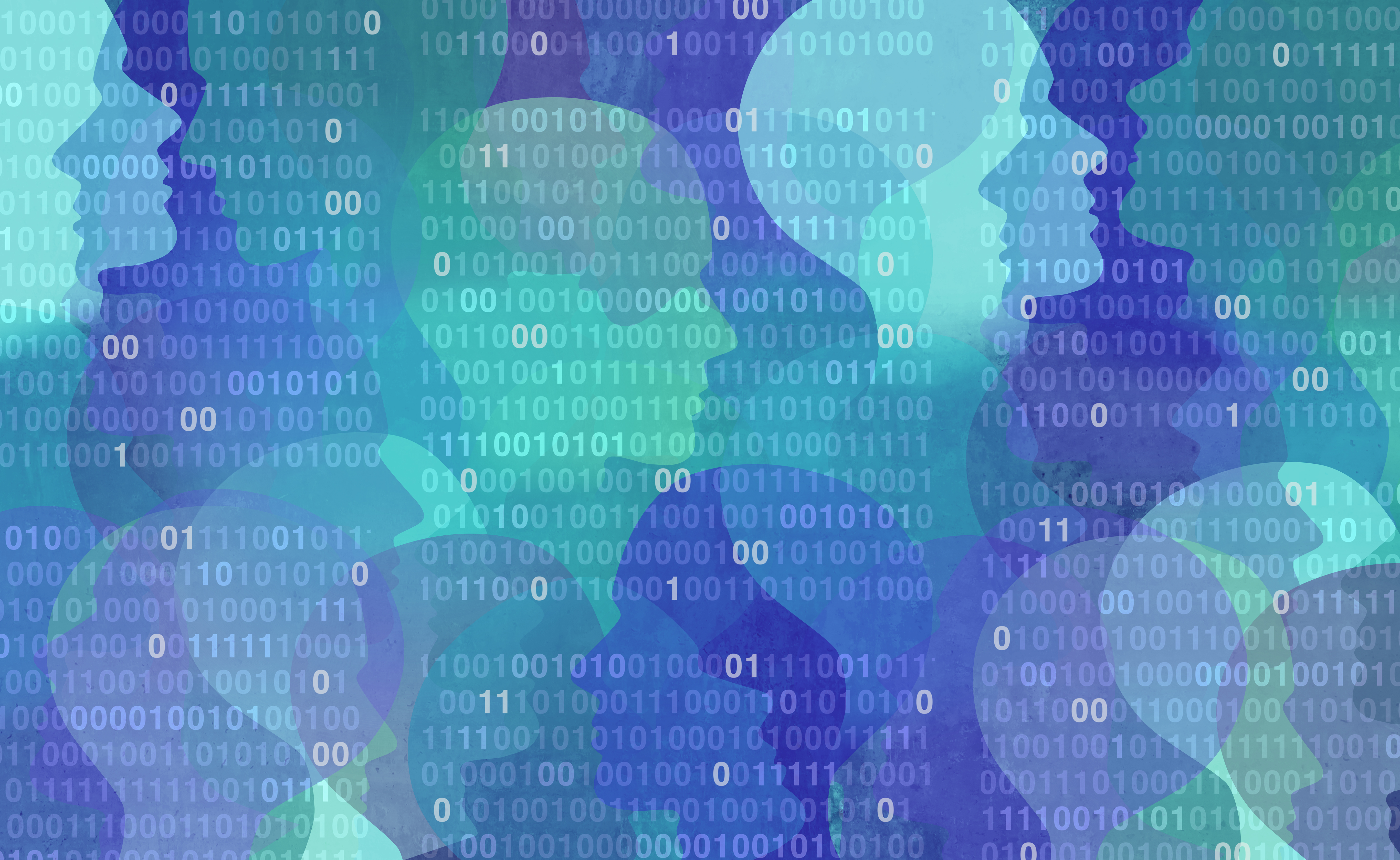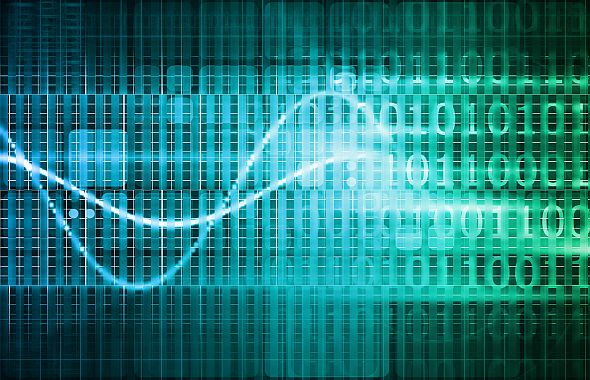AI, Copyright, and Open Science: Health Implications of the New York Times/OpenAI Lawsuit
A rundown of the major legal questions at play in the New York Times-OpenAI lawsuit.

A rundown of the major legal questions at play in the New York Times-OpenAI lawsuit.

Biden’s Executive Order on artificial intelligence is an important development for health care practitioners, researchers, and legal experts.

The FDA has recently turned its attention to the growing use of artificial intelligence and machine learning in drug development.

FDA’s new Action Plan takes steps toward establishing a dedicated regulatory strategy for AI products intended as software as a medical device.

Researchers will need to consider when it is appropriate to leverage AI, versus when a human touch is needed.

Dinerstein v. Google demonstrates gaps in HIPAA protections and the difficulty of pursuing claims against hospitals that share patient data with tech.

By Adriana Krasniansky Interest in artificially intelligent (AI) health care has grown at an astounding pace: the global AI health care market is expected to reach $17.8 billion by 2025 and AI-powered systems are being designed to support medical activities ranging from patient diagnosis and triaging to drug pricing. Yet, as researchers across technology and…

A recent US lawsuit highlights crucial challenges at the interface of data utility, patient privacy & data misuse By Timo Minssen (CeBIL, UCPH), Sara Gerke & Carmel Shachar Earlier, we discussed the new suit filed against Google, the University of Chicago (UC), and UChicago Medicine, focusing on the disclosure of patient data from UC to…

By Timo Minssen (CeBIL, UCPH), Sara Gerke & Carmel Shachar A recent US lawsuit highlights crucial challenges at the interface of data utility, patient privacy & data misuse The huge prospects of artificial intelligence and machine learning (ML), as well as the increasing trend toward public-private partnerships in biomedical innovation, stress the importance of an effective…

Suicide is a global problem that causes 800,000 deaths per year worldwide. In the United States, suicide rates rose by 25 percent in the past two decades, and suicide now kills 45,000 Americans each year, which is more than auto accidents or homicides. Traditional methods of predicting suicide, such as questionnaires administered by doctors, are…
